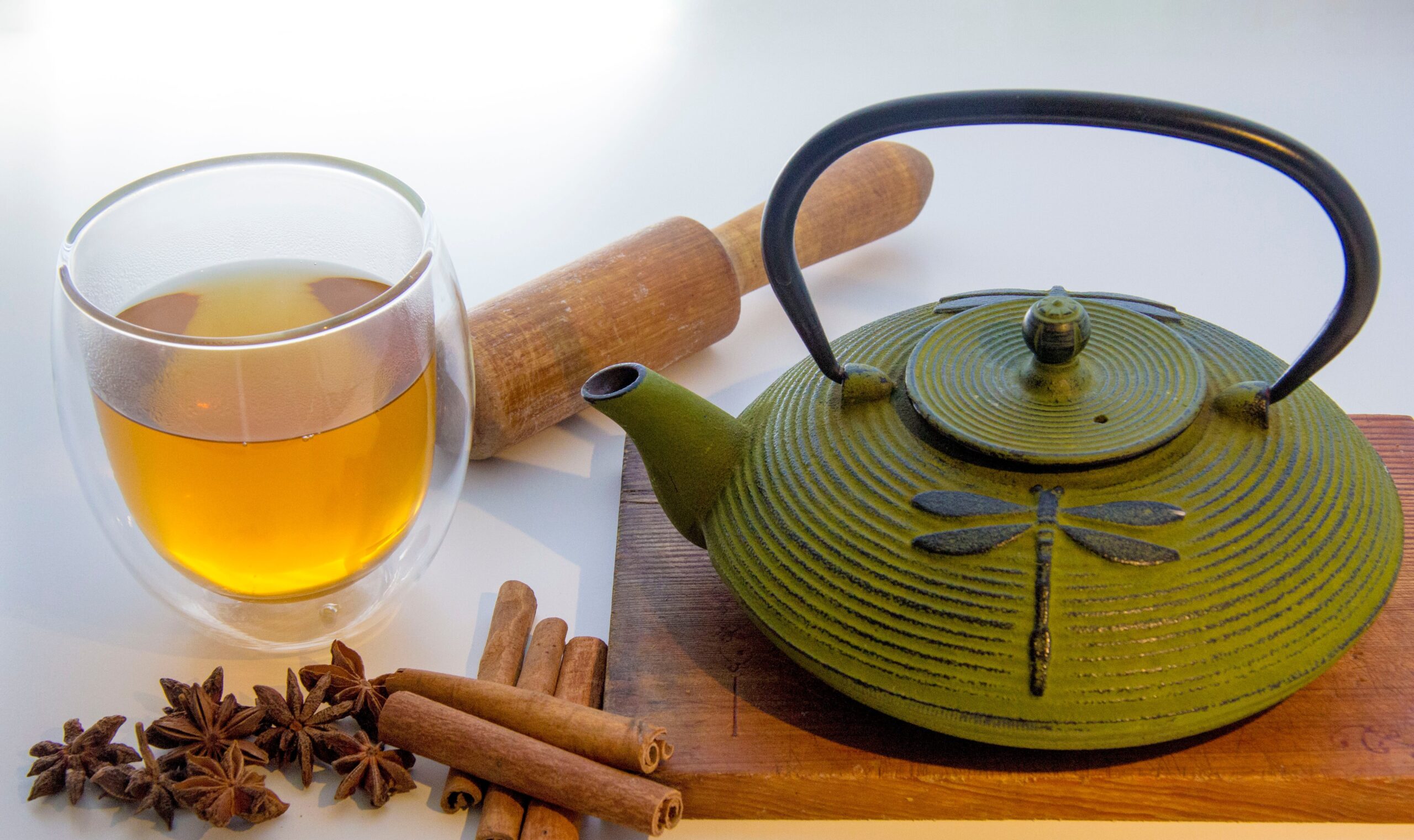Follow us on:

Secrets of Longevity: What can we learn from the Blue Zone Diet?
Want to live a long and healthy life? You might want to try the Blue Zone Diet. The five Blue Zones in the world are homes to the highest concentration of centenarians than other parts of the world. Residents there also have low rates of chronic diseases such as cancer and dementia. Read on to learn more about the Blue Zone Diet.
Plant-based diet, Less meat
People in the Blue Zones consume an abundant variety of fruits, vegetables, wholegrains, legumes and nuts. Beans and legumes are rich in protein, fibre and antioxidants which can help to prevent cell damage and lower the risk of many different diseases such as diabetes and cardiovascular disease. In four of the five blue zones, people consume meat on rare days, often less than 300 grams a month.
Limit processed foods
People of Blue Zone also enjoy whole foods and consume little processed foods. For example, instead of sweetened beverages, Blue Zone residents enjoy having tea, coffee or even water. Try cutting down on highly processed foods such as chips and processed meats.
Healthy fats
In these Blue Zones, people eat fish moderately, often not more than 260 grams a week. Fish is high in Omega 3 that is good for the heart and can help to prevent chronic diseases such as stroke and Alzheimer’s Disease. In all Blue Zones, people also enjoy having nuts. Nuts contain monounsaturated and polyunsaturated fats which can improve cholesterol profiles. Try switching your cookies for a handful of nuts!
Pay attention to your meals
The Okinawans practice hara hachi bu, which means that they stop eating when they are 80% full. In addition, blue zone residents enjoy eating slowly. This is a good practice which can help to prevent bloating and excessive caloric intake. When you eat slowly, you are giving your brain enough time to process. Did you know that it takes 20 minutes for the brain to send out satiety signals? Try cutting down on screen time to focus and chew more in your next meal!
